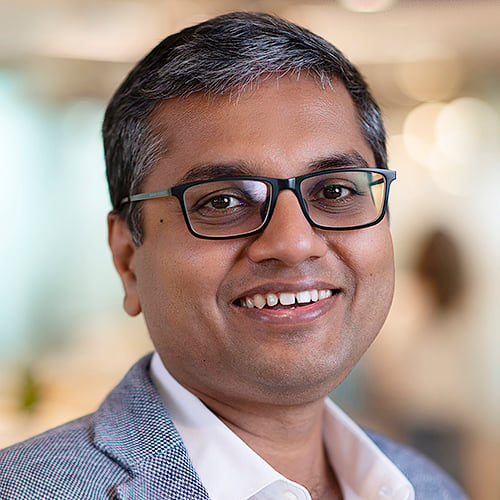On the sidelines of the G20 Summit in Bali, Indonesia’s minister for investment rolled out plans to create an organization of intergovernmental nickel-producing nations similar to the Organization of the Petroleum Exporting Countries (OPEC).
The country’s investment minister Bahlil Lahadalia says his administration has already held meetings with Canada and Australia in connection with the proposed alliance. Lahadalia believes that collaboration among fellow nickel-producing countries is now increasingly necessary to support the electric vehicle (EV) industry as it proliferates.
“Through this collaboration, we expect all nickel-producing countries to benefit by creating added value that is evenly distributed,” Lahadalia says, adding that Indonesia has already formulated a proposed plan for the organization, which it has offered to these countries and is waiting for their feedback. However, he feels that among the producers there is, in general, a consensus on the plan.
The idea of the nickel grouping, which broadly speaking aims to seek control of the world’s nickel trade by setting prices, was formulated, according to the investment minister, because the main EV manufacturers are demanding that EV battery factories be built close to their manufacturing centres. If that trend increases, he points out, the countries producing raw materials will not get added value.
“This [organization] is an instrument for us to collaborate,” he emphasizes, “and foster a collective commitment within a framework of mutual benefit and attention to the rules of international trade.”
Nickel is one of the most versatile metals, according to the Nickel Institute, and is primarily used for alloys and electroplating, but, significantly, nickel is now known for its role as an essential metal in the production of EV batteries.
The metal also plays a major role in the transition to more advanced energy sources because of its ability to deliver high-energy density and greater storage capacity at a lower cost than other metals, which makes it vital to the development of clean energy technologies, such those involved in wind and solar power production, as well as that of EV batteries.
As countries ramp up their climate ambitions, according to the International Energy Agency (IEA), clean energy technologies are set to become the fastest-growing segment of demand for most minerals.
Demand for nickel is expected to increase 60% to 70% by 2040 in the sustainable development scenario scoped out by the IEA, and Asia-Pacific is home to three of the world’s top six countries with the largest nickel reserves in the world.
Indonesia is the largest source of the metal and accounts for 22% of the world’s known nickel reserves, followed in order of reserves by Australia, Brazil, Russia, Cuba and the Philippines.









